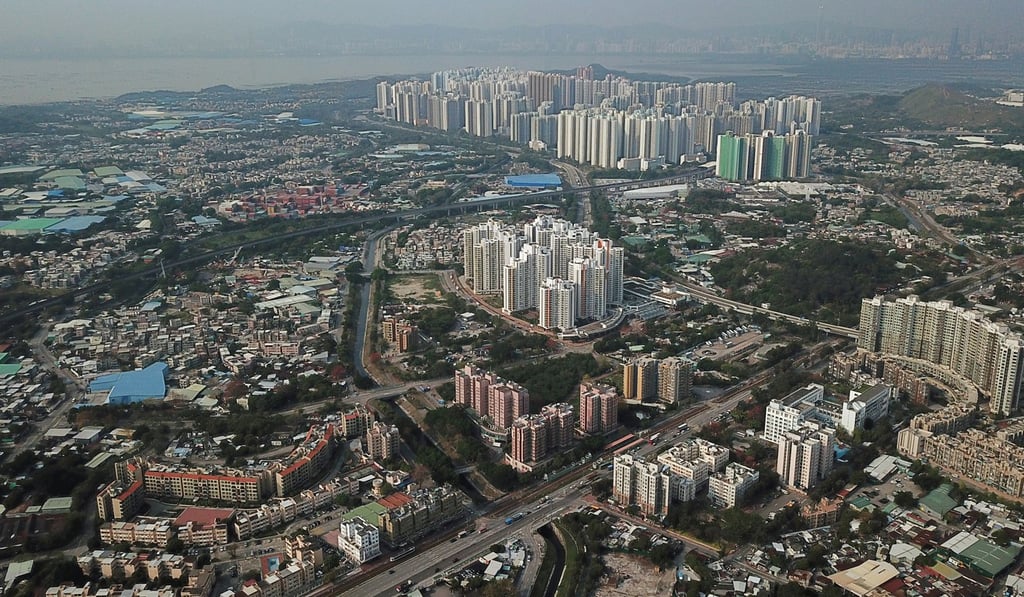
Wrecking sports clubs is no solution
The civilised world has long successfully embraced a mix of sporting opportunity provided by private citizen organisations and municipal facilities.
The original sports policy in Hong Kong followed this example, allowing private citizens to provide high-quality coaching and facilities to people of all ages and backgrounds.
Many of these clubs in Hong Kong have developed excellent facilities and sports management know-how, all funded by their members. They provide access to sports and recreational activity, train new players and represent Hong Kong in overseas competition. They and their counterparts, municipal facilities built with taxpayer funds, are part of the rich mix of life in a modern society.
Turn then to the current mischaracterisation of this debate, centred on the cheap politics of envy and false justification.
